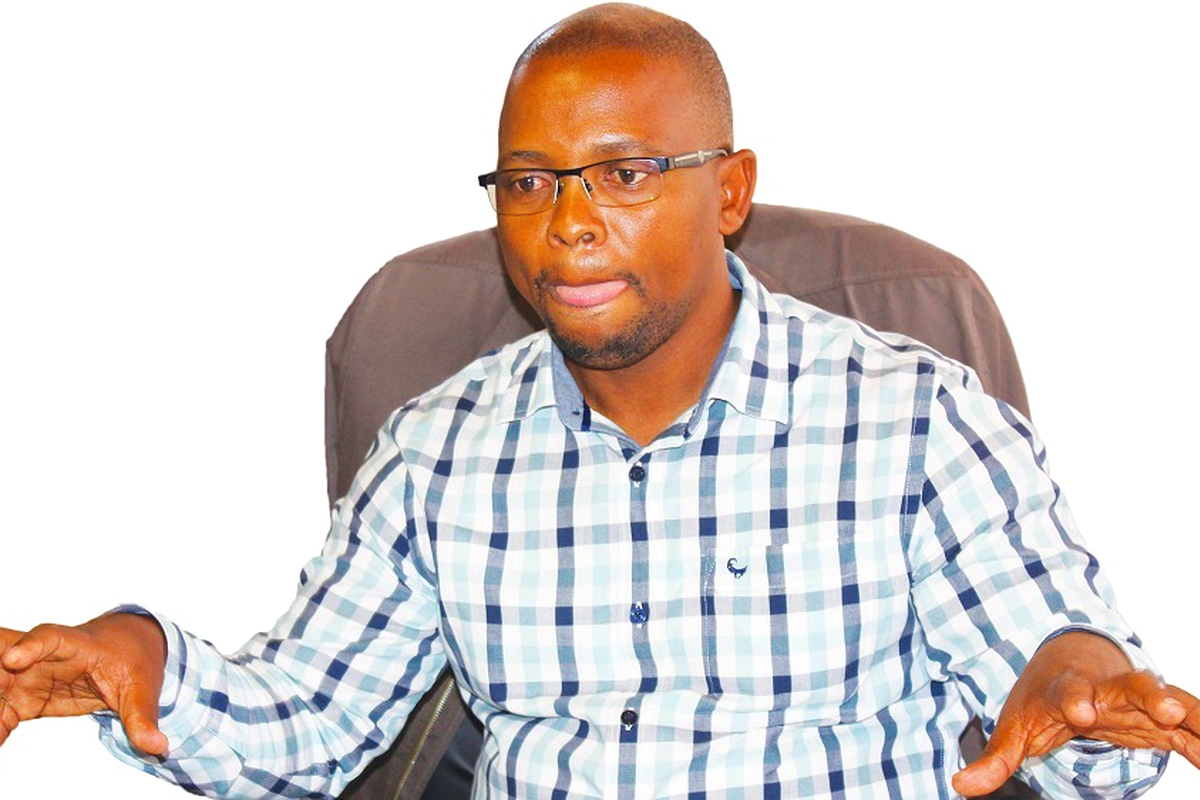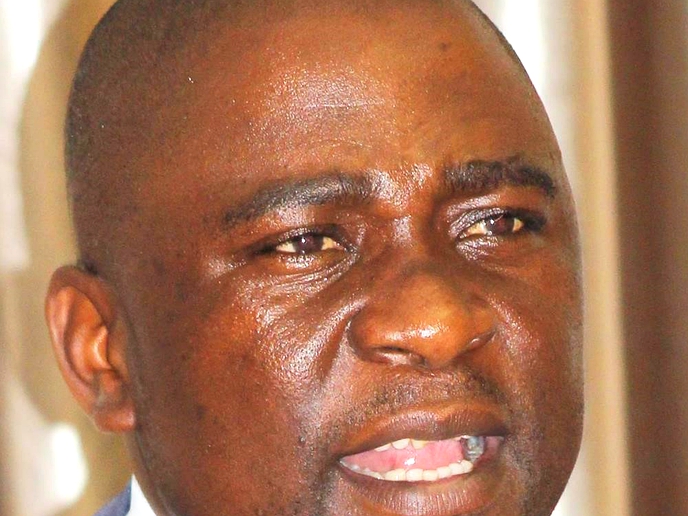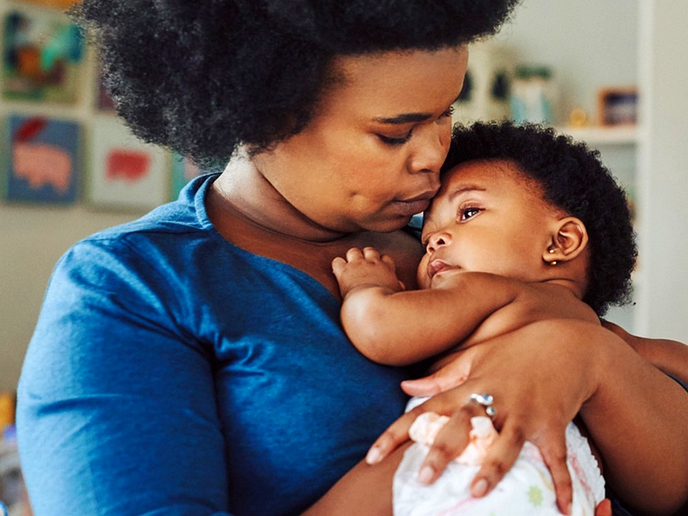IN some parts of Lesotho, there is little or no awareness of good hygiene practices and their role in reducing the spread of diseases.
health
Nov. 17, 2020
LINEO MABEKEBEKE
2 min read
LRCS, UNICEF supply hygiene kits to eliminate diseases

LRCS Secretary General Kopano Masilo
However, it is often the case that even when people do have knowledge of good hygiene behaviour, they lack soap, safe water and washing facilities they need to make positive changes to protect themselves and their communities.
Lesotho Red-cross Society (LRCS) has therefore make it its personal business as a humanitarian organisation to promote good hygiene practices as a cost-effective health intervention to reduce the disease burdens on communities.
The body on November 11 handed over hygiene kits to 71 households in Matebeleng, Quthing as a way to ensure that the residents effectively combat the spread of diseases.
Speaking at the event, the Secretary General of LRCS, Kopano Masilo said the benefits of having access to improved drinking water sources can only be fully realised when there is also access to improved sanitation and adherence to good hygiene practices.
Beyond the immediate, obvious advantages of people being hydrated and healthier, Mr Masilo said access to Water, Sanitation and Hygiene (WASH) has profound wider socio-economic impacts, particularly for women and girls.
Globally, unsafe drinking water, poor access to appropriate sanitation facilities and inadequate hand-washing contribute significantly to illness and death.
In support of the Lesotho government’s response to the drought emergency and efforts to increase access to drinking water services in achievement of SDG6, the United Nations Children’s Fund (UNICEF) through the United Nations (UN) Resident Coordinator’s office received funds from the UN Central Emergency Response Fund (CERF).
Some of these funds were reserved to rehabilitate water systems in seven most affected districts of Lesotho.
At the same event, UNICEF handed over community water systems, with repairs ranging from re-capturing springs where some construction was done, construction and re-plastering of water tanks, installation of new pumps and solar panels for pumping.
Rehabilitation has been done with a climate-lens, so more focus on using solar powered systems and increasing water storage, so that the systems can cope with droughts, while beneficiaries have already been involved to enhance ownership of the systems.
Enjoy our daily newsletter from today
Access exclusive newsletters, along with previews of new media releases.
UNICEF Country Representative Anurita Bains said Lesotho is affected by severe drought adding that climate change has also had dire effects on Basotho’s lives.
Despite the challenges that COVID-19 has brought, Ms Bains is hopeful that the project will support the communities to create sustainable solutions.
“As UNICEF, we will continue to support communities to make sure that water in the streams comes closer to their homes, so that children and women in particular will not have to travel long distances to fetch the water and to have access to clean water,” she said, adding that healthy, vibrant and sustainable local markets are key to enabling access to safe water, adequate and equitable sanitation as well as hygiene for everybody.
Tailored for you






